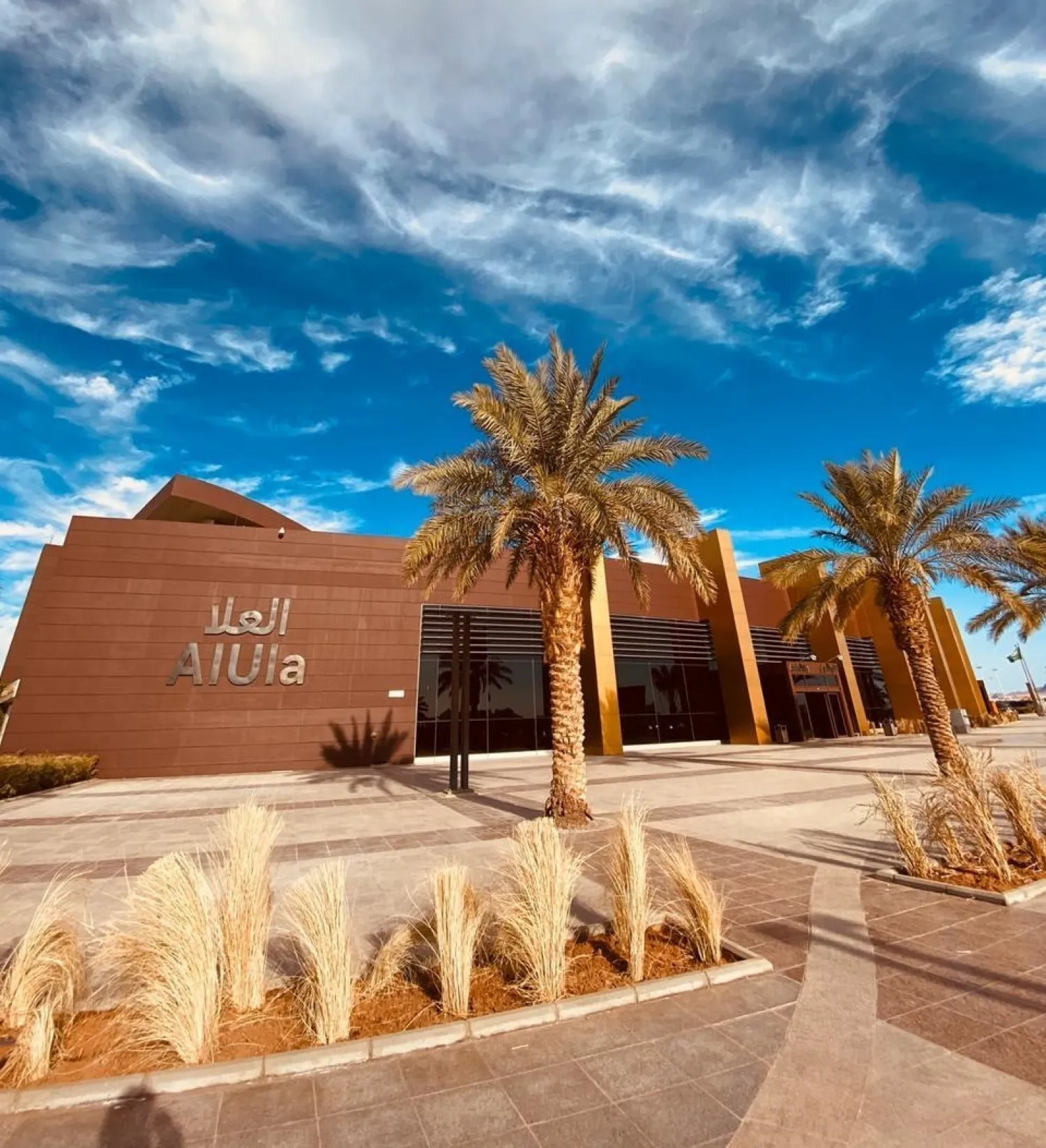The Royal Commission for AlUla (RCU) announced on Thursday the approval of the General Authority of Civil Aviation (GACA) for AlUla International Airport to start receiving international flights, reported the Saudi Press Agency.
AlUla Airport has witnessed extensive development projects that included the comprehensive expansion carried out by RCU, transforming it into the fifth largest airport in Saudi Arabia, with a total area estimated at 2.4 million square meters.
RCU has worked to triple the airport’s capacity, and it can now receive 15 commercial flights at the same time. The capacity has increased from 100,000 passengers to 400,000 passengers per year.
The development of AlUla Airport is a key element of RCU's strategy to elevate AlUla to become a global destination for heritage, culture, history and natural tourism, and to enhance its strategic role, to become an important logistical center in northwestern Saudi Arabia. The strategy also aims to attract two million visitors every year to AlUla and contribute to raising the Kingdom's GDP by SR120 million by 2035.









